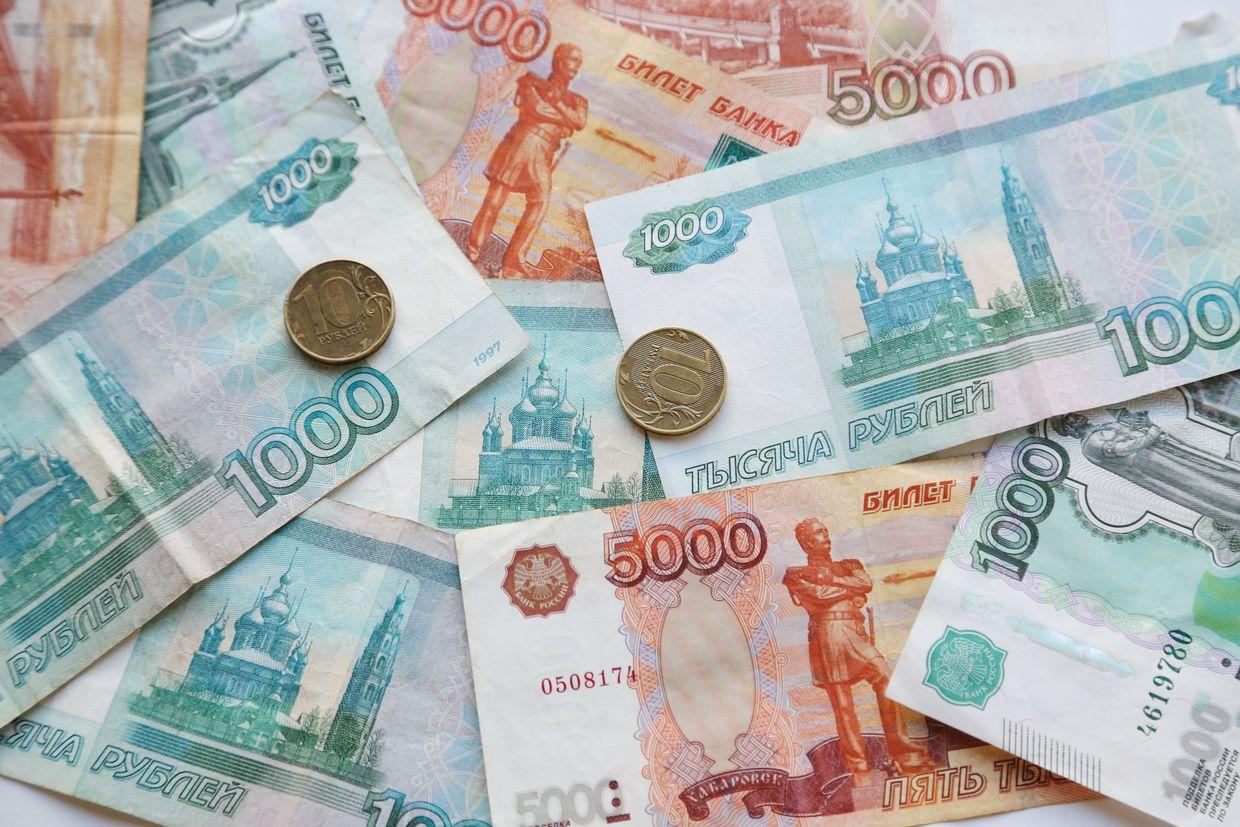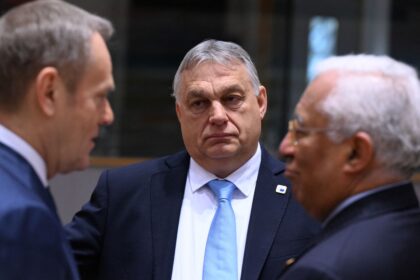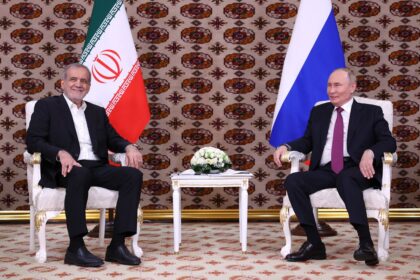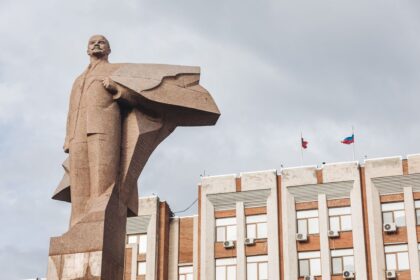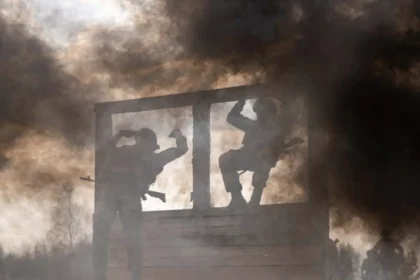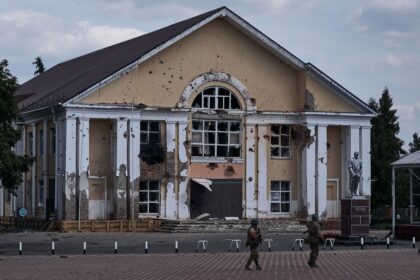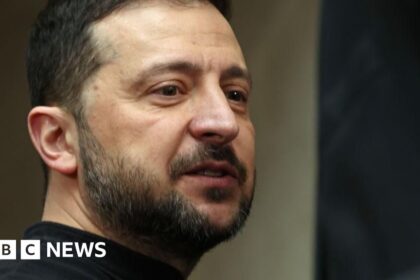**Russia’s Financial Situation Worsens, Urgent Action Needed**
Russia’s financial situation is becoming increasingly dire, according to Anatoly Artamonov, the chair of the Federation Council Committee on Budget and Financial Markets. In a recent statement, he emphasized that immediate steps must be taken to stabilize the country’s finances. One potential solution he suggested was reducing tax exemptions, which currently make up about a third of the federal budget.
Artamonov also highlighted the issue of shadow employment, where workers are paid in cash to avoid taxes and social contributions. This widespread practice results in an estimated 10 trillion rubles ($112 billion) being lost to the state each year. The chair criticized the Russian government for its hesitation to move forward with privatization efforts, arguing that selling off certain state-owned assets could provide much-needed funds to fill budget gaps.
**Budget Deficit Grows, National Wealth Fund Takes a Hit**
The Finance Ministry reports that Russia’s oil and gas revenues fell by 17% in the first half of 2025 compared to the same period last year. While total revenue rose slightly, inflation means that income is actually shrinking in real terms. Meanwhile, government spending jumped by 20%, creating a 3.7 trillion ruble ($41 billion) deficit – six times larger than last year. To cover this shortfall, the Kremlin has been drawing from its National Wealth Fund, which has dropped to just $52.6 billion as of July 1.
**Additional Sanctions and Budget Cuts Loom**
With additional sanctions planned by the European Union, Russia’s economy may take another hit. A proposal to lower the price cap on Russian oil from $60 to $47 per barrel could impact the Kremlin’s coffers significantly, costing the budget another 1.5 trillion rubles ($19.2 billion) annually. In response, Russian officials are reportedly weighing federal budget cuts, with estimates suggesting that spending may need to be reduced by 1.5-1.6 trillion rubles ($19-$20 billion) if oil prices stay low and current budget rules are adjusted downward.
As the situation continues to deteriorate, it remains to be seen whether Russia’s authorities can take swift action to stabilize the country’s finances. **Read More** about this developing story on kyivindependent.com.




